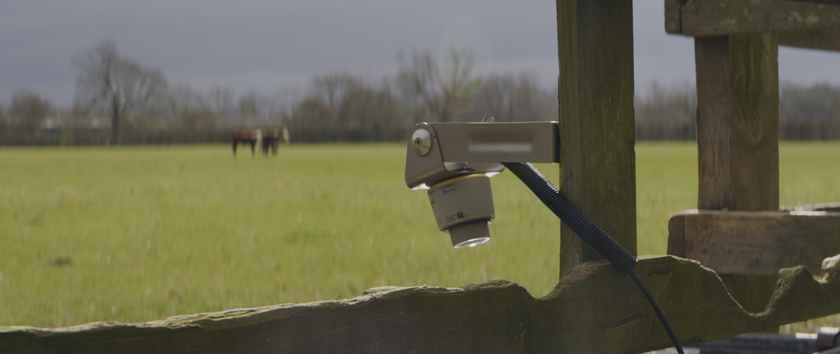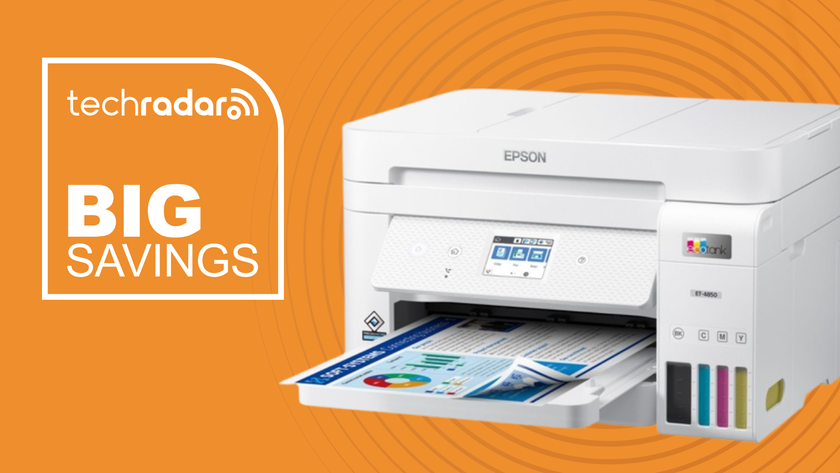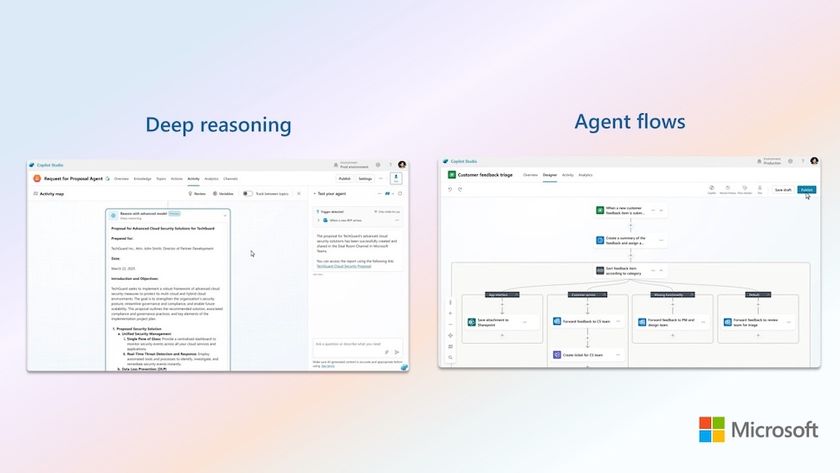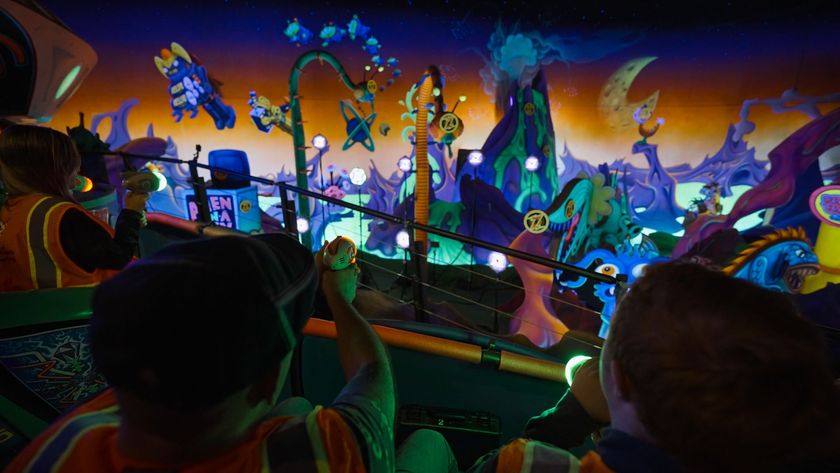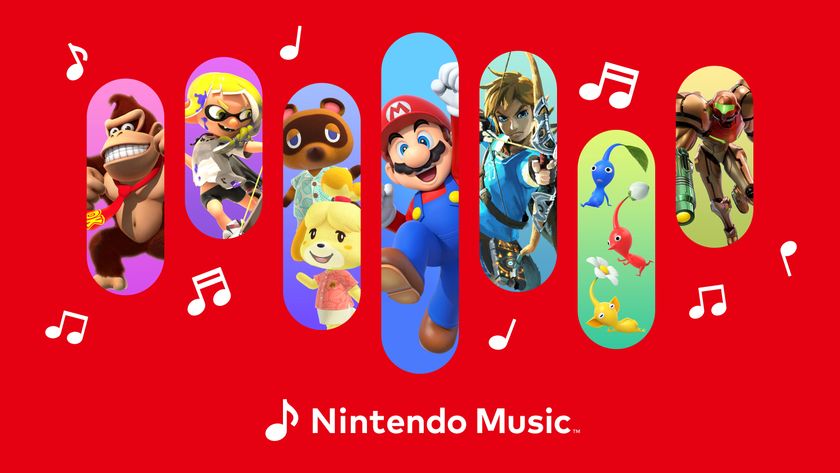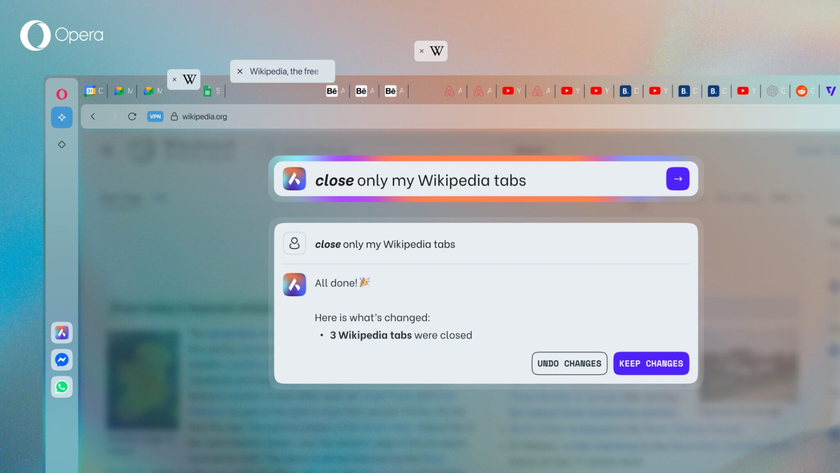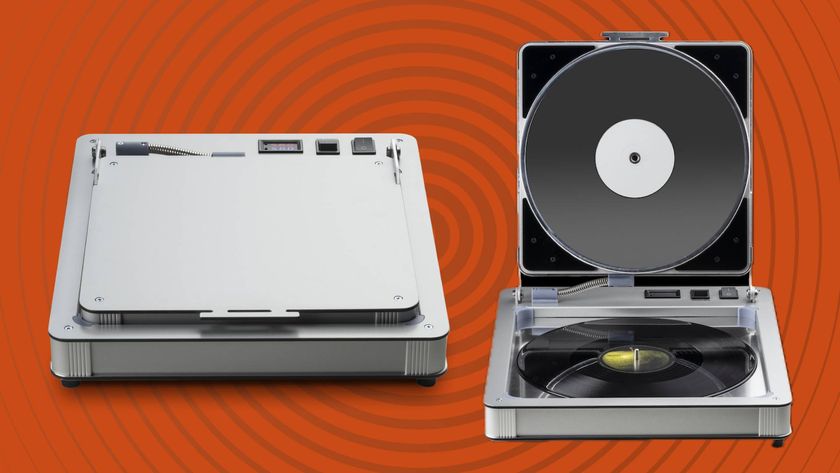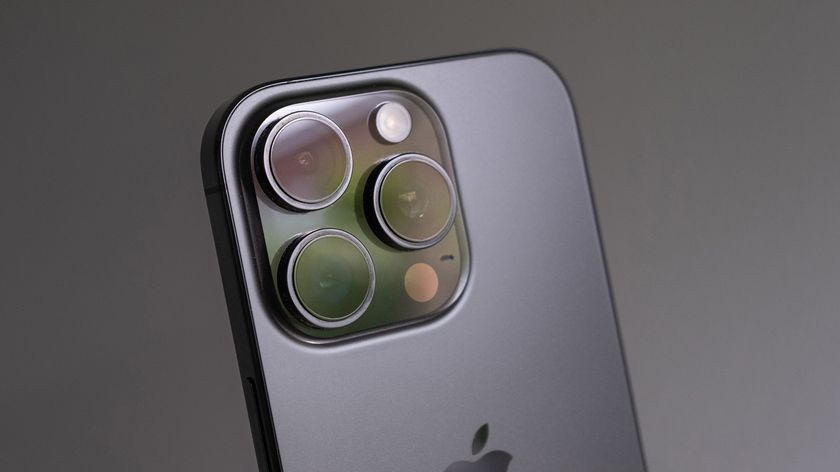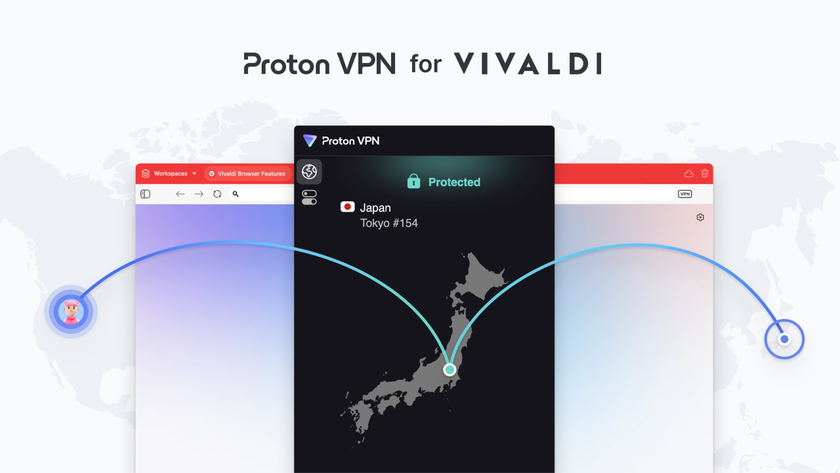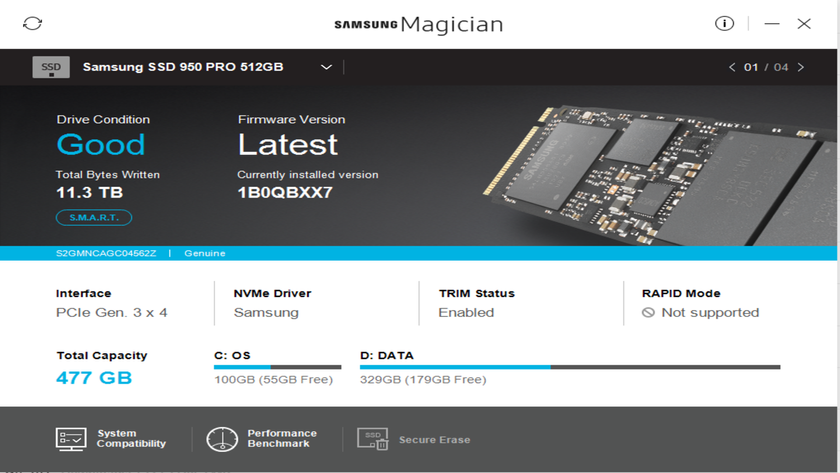Who are the digital disruptors redefining entire industries?
From Netflix to WhatsApp, digital disruptors are everywhere
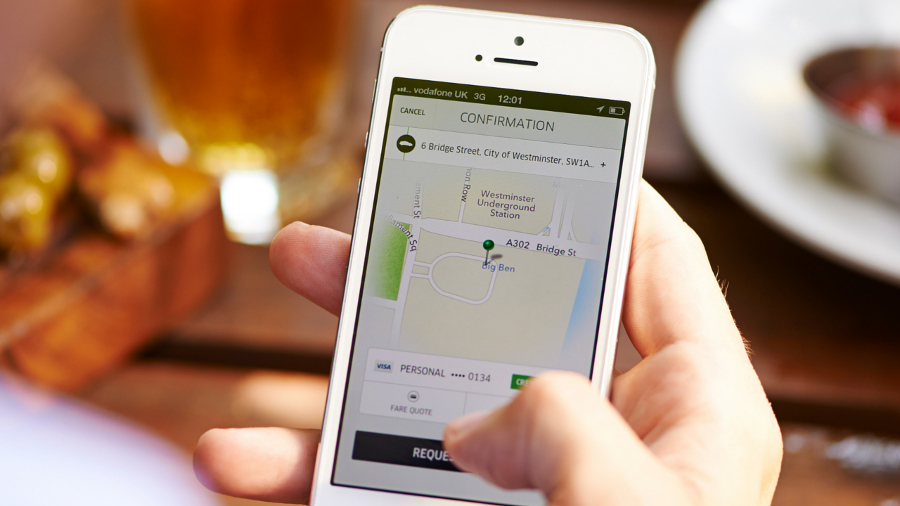
Driven by nothing more than web access and smartphones, digital disruptors are everywhere. WhatsApp has displaced telecoms companies, Netflix changed home entertainment and Airbnb is having a crack at the travel industry. Just don't say game-changer. Or hyper-growth.
For now, taxi app Uber is perhaps the ultimate example of a digital disruptor. It allows people to track their taxi's arrival progress and pay with a mobile phone. Now that's transparency of the kind never seen before in the taxi industry, and it's changed the business model.
Is your industry being 'Uber-ised'? Disruptive innovation is appearing across the digital sphere to break the dominant business models, but as well as famous disruptors like Uber, Skype, Spotify, WhatsApp, Netflix and Airbnb, there are many wannabes and start-ups glad for the level playing field that the humble app has created. So how is it done?

What is digital disruption?
In the short time it takes to develop an app, digital disruptors can force well-established companies to change the way they all do business. "We're seeing a new wave of start-ups, such as Uber, AirBnB, and Netflix, that are targeting relatively defenceless non-digital industries," says Dave Hrycyszyn, director of technology at Head, a digital agency that has helped the likes of Tesco, Bupa, Pearson and the NHS to transform their digital offerings.
He continues: "Minicabs, room rentals, and video shops didn't have incumbents strong enough to compete … it's going to be interesting to see what happens when start-ups like these start attacking industries where there are big players that aren't already fatally weak."
What do disruptive start-ups have in common?
It's time for buzzword bingo. Apps, smartphones, the cloud, access not ownership, scaling-up potential. It's about big data, convenience, personalisation, and contextual services. It's crowdfunded, it's accelerator programmes, it's deep tech companies. Okay, you can say game-changer now.

Which industries are now being digitally disrupted?
Which are not? Industries that have not been digitally disrupted are rarer than those that have, though there are plenty of examples of sectors experiencing apps for the first time. There are potential disrupts for everything, from on-demand laundry and dry-cleaning, peer-to-peer money lending, and app-based waste collection to courier services, mobile-enabled health sensors, and online estate agents.
Are you a pro? Subscribe to our newsletter
Sign up to the TechRadar Pro newsletter to get all the top news, opinion, features and guidance your business needs to succeed!
One good example of a disruptive technology that could be easily overlooked is YouTube. "Now that YouTube is becoming the second largest search engine, 'how to' videos are allowing people to learn and develop their skills and knowledge without the need for formal education," says Dr Aleksej Heinze, co-director of the Centre for Digital Business, Salford Business School. YouTube is built on pretty simple technology, but it's disrupting the education industry by massively widening access to knowledge. And cat videos.
What can we learn from the music industry?
That digital will always prevail, even if it means ripping up the rulebook. In the music industry, streaming, P2P and a host of different payment models are currently coalescing into something new. "The music industry is a perfect example of major disruptions with initially major copyright battles and now there are new ways to lease music, which were previously not imaginable," says Heinze, referencing the rise of Spotify as both a brand and a business model that everyone in the music industry is now embracing. It's taken Apple seven years to realise that Spotify had it spot-on, and that its disruptive streaming model was to be embraced, not fought.
The music industry also teaches us that there will always be niches that can be profitably served, as demonstrated by the revival of vinyl. The same could be said of Blu-ray discs, especially the upcoming Ultra HD Blu-ray discs versus the Netflix leasing model, or just look at the rising sales of paperback books in the post-Kindle world. Digital disruptions don't have to be all-encompassing.
Jamie is a freelance tech, travel and space journalist based in the UK. He’s been writing regularly for Techradar since it was launched in 2008 and also writes regularly for Forbes, The Telegraph, the South China Morning Post, Sky & Telescope and the Sky At Night magazine as well as other Future titles T3, Digital Camera World, All About Space and Space.com. He also edits two of his own websites, TravGear.com and WhenIsTheNextEclipse.com that reflect his obsession with travel gear and solar eclipse travel. He is the author of A Stargazing Program For Beginners (Springer, 2015),

